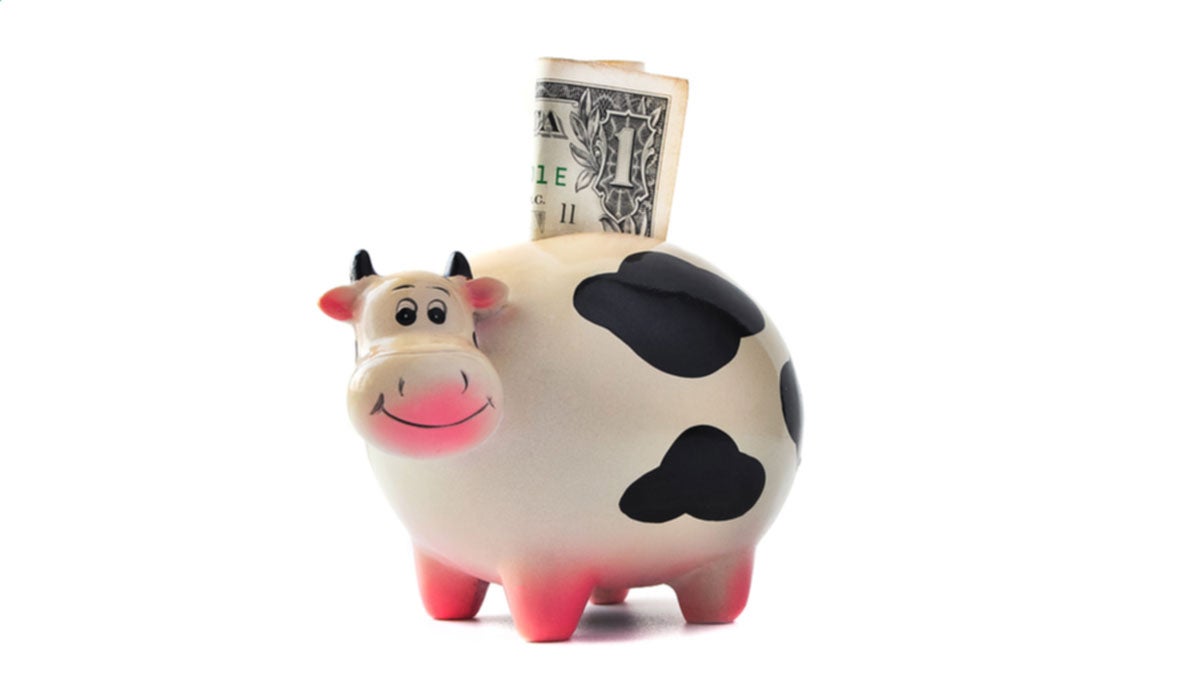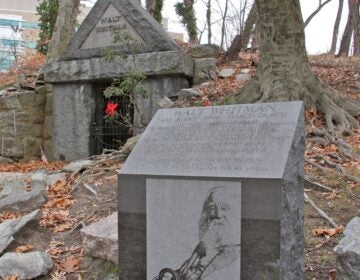‘Fake farms’ still being used in New Jersey to get tax breaks

Land designated as a farm is taxed at a lower level. (Big Stock File Photo)
Four years ago, New Jersey enacted a law making it tougher to qualify for a preferential farmland property tax assessment in an effort to weed out “fake farmers.”
With the new rules now in effect, the law may have led to a small reduction in the number of properties considered farms for tax purposes and in the total value of farm parcels, but whether it wound up forcing “fake farmers” to pay their fair share in taxes is questionable.
The most significant change the 2013 law made in the farmland assessment program was to increase the amount of agriculture-related income a property had to receive from $500 to $1,000 on the first five acres of land in order to get a generous tax break: Qualified farmland is assessed at just a fraction of the property taxes levied on other land. That change took effect in 2015, but was not reflected until the most recent state Division of Taxation farmland assessment report, for the 2016 fiscal year.
An analysis of data from the farmland report found that the total number of farm-qualified parcels — 36,742 in the past fiscal year — had dropped by 1 percent from the prior year. The total of value of farmland assessments was about $1.5 million lower in 2016 than in 2015, down to $417.6 million. But many dubious “working farms” continue to enjoy reduced taxes due to farmland-assessed properties. These include:
Businesses — the Whibco sand and construction aggregates producer and PSE&G in Cumberland County, Exxon in Hunterdon, the Hercules brownfields site in Morris, and Six Flags Great Adventure in Ocean;
Developers – Toll Brothers, Thompson Realty, Western World;
Celebrities – rockers Bruce Springsteen and Jon Bon Jovi and publisher Steve Forbes;
Politicians – former Congressman Scott Garrett in Sussex and current Rep. Rodney P. Frelinghuysen.
And even if you consider it a victory that qualified farmland parcels have been reduced by 1 percent, Willem Rijksen, a spokesman for the state treasurer’s office, cautioned that those declines cannot necessarily be attributed to the change in the rules to qualify for farmland assessment.
“Farmland data is not tracked in a way that would reveal changes that are attributed to the new law,” he said, adding reductions could also be attributable to some farm owners selling their land for nonfarming purposes or others simply choosing not to farm.
Still, Sen. Jennifer Beck (R-Monmouth) and a driving force behind the revisions, found the data a positive sign that the law is working.
“I think that the preliminary results are positive, in that the new standards are weeding out people who are not serious farms and may not actively be working the land, but were taking advantage of the tax break,” said Beck, a prime sponsor of the law.
But Jeff Tittel, head of the New Jersey Sierra Club, said the numbers show that the change was a “faux fake farmers” reform.
“It just put a veneer on it and still allows it to happen,” he said, noting that many properties that are not primarily farms are still receiving the farmland assessment benefit.
One parcel of land Frelinghuysen owns in the Warren County township named after one of his ancestors may be an exception, though. A Route 94 parcel of 8.4 acres continues to be farmland-assessed at $3,900, with a tax bill of $95.20 last year. But a nearby parcel came off the farmland rolls in 2015. When it qualified in 2014, the 9.53-acre parcel was valued at $4,400, but last year, assessed as vacant land, its value jumped to $146,200 and its tax bill increased by more than 3,000 percent to $3,569. In this case, the 2015 law may be responsible for the huge difference in assessments.
Peter Furey, executive director of the New Jersey Farm Bureau, agreed that the new rules probably did not result in a significant impact on farm acreages and assessments.
“The qualification issue normally affects minimum-acreage parcels,” he said, referring to properties of around five acres. “Landowners newly at risk of earning or losing the qualification will adjust their income-earning practices to maintain qualification.”
Frank Pinto, a Chester-based consultant on farmland assessment, open space, and related issues, said the revision most affect the owners of very small horse farms.
“These are hobby farms,” said Frank Pinto, former head of the Morris County Agriculture Development Board and the county’s Preservation Trust Fund. Under the old rules, a horse farm could use five acres of pastureland for grazing to qualify but now the value of that land is not enough to reach the $1,000 threshold, he said. Here’s the issue: If a landowner don’t sell at least $1,000 in farm-related goods now — as opposed to $500 before the 2013 law — the land cannot qualify as farmland and is assessed at the higher value, which means that the owner must pay full taxes. “You have to have some other agricultural activity, such as hay or breeding.”
“Indeed, there were many who, learning of the new standards, simply do not do enough agricultural activity to qualify under these standards and had to give up their farmland assessments,” Beck said.
Although some reports had estimated about 40,000 acres of farmland would not qualify under the new rules, the data shows the number of farm-assessed acres actually increased by about 3,500 between 2015 and 2016 to 969,305 in total.
Furey said it was never clear how many properties might be affected, but the Farm Bureau supported the change to give assessors the ability to better determine who is really farming and who may just be looking for a tax break.
“There is no doubt that a new mentality has taken hold among the assessors,” he said, indicating that they are looking more critically at farmland-assessed properties to ensure they genuinely qualify under the revised law. “The impact may not show up in the numbers dramatically.”
Pinto said there were changes in the law that make assessors accountable for ensuring that property owners really do qualify for the preferential tax treatment. With tax dollars involved, it’s important to show that any breaks are given to those who follow the law. But the special assessment also serves to help keep land in the most densely populated state in the nation open and green, which is a benefit to the public.
“While it may appear that someone is not paying his fair share, New Jersey is still among the highest, if not the highest, state for farm-assessed land,” Pinto said. “And the owner still pays the same taxes on the farmhouse and its property as everyone else.”
But Tittel said the assessment still too often benefits those who are not really farmers — the corporations and land speculators — at the expense of others in a given municipality or county.
“The part everyone forgets is that if they (farmland-assessed properties) are not paying their fair share, everyone else does,” he said. “That is still the case.”
_____________________________________________
NJ Spotlight, an independent online news service on issues critical to New Jersey, makes its in-depth reporting available to NewsWorks.
WHYY is your source for fact-based, in-depth journalism and information. As a nonprofit organization, we rely on financial support from readers like you. Please give today.




